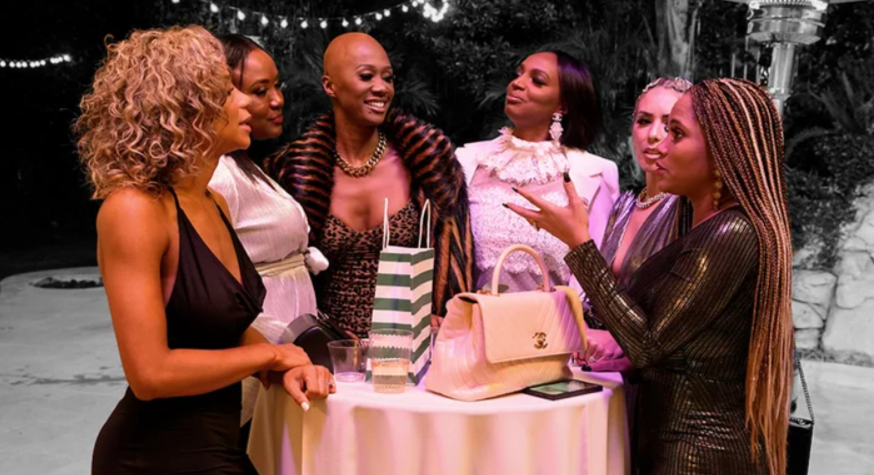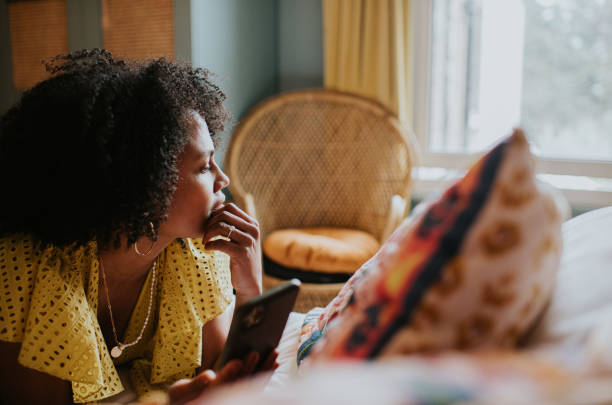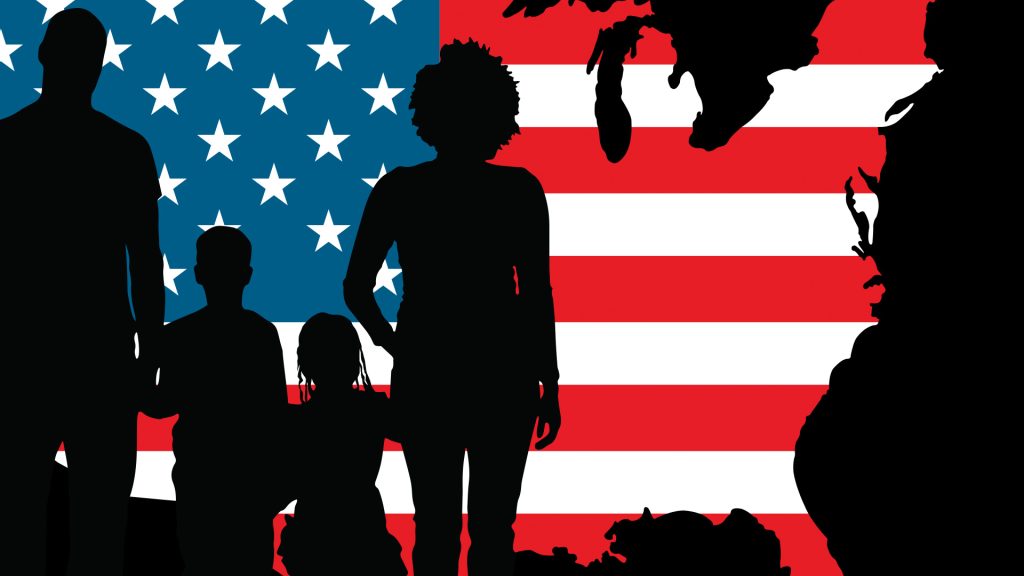(ThySistas.com) Reality television has become a pervasive force in modern culture, offering viewers a glimpse into the lives of others. Shows like “Baddies” have gained popularity for their drama-filled narratives and larger-than-life characters. However, the influence of such programs on young Black women, particularly in shaping perceptions of reality, self-worth, and interpersonal relationships, demands a critical examination. This article explores the potential negative impact of reality TV culture, using “Baddies” as a case study, and suggests ways to help young Black women distinguish between entertainment and reality.

Perpetuating Stereotypes:
“Baddies” and similar reality TV shows often rely on sensationalized portrayals and scripted conflicts, perpetuating harmful stereotypes about Black women. Characters are frequently pigeonholed into predefined roles, reinforcing narrow and unrealistic expectations. This can lead to internalized stereotypes and affect young Black women’s self-perception, as they may feel pressured to conform to the dramatic and confrontational behaviors depicted on screen.
Normalizing Toxic Behavior:
The drama, confrontations, and discord showcased in reality TV culture can normalize toxic behavior and unhealthy relationships. Young Black women may inadvertently internalize these patterns as acceptable, impacting their expectations in real-life interactions. Normalizing toxic behavior can contribute to strained friendships, toxic relationships, and an overall erosion of healthy communication skills.
Materialism and Image Obsession:
Reality TV often glorifies materialism, creating an environment where value is placed on external appearances and material possessions. For young Black women, this can foster unrealistic beauty standards and an unhealthy emphasis on physical appearance. The pressure to conform to these standards can lead to body image issues and a sense of inadequacy among viewers who do not fit the narrow mold promoted by the show.
Educating Real from Television:
To mitigate the negative impact of reality TV culture on young Black women, there is a need for proactive education and media literacy initiatives. Empowering individuals to critically analyze the content they consume can help them distinguish between entertainment and reality. Schools, community organizations, and families can play a crucial role in fostering media literacy skills.
Media Literacy Education:
Integrating media literacy education into school curricula can equip young individuals with the skills to deconstruct media messages. This includes teaching critical thinking, helping students recognize manipulative editing techniques, and encouraging a nuanced understanding of reality TV as a form of entertainment rather than an accurate representation of real life.
Open Dialogue at Home:
Families play a pivotal role in shaping the perspectives of young individuals. Creating open spaces for dialogue about the unrealistic nature of reality TV, its scripted elements, and its potential impact on self-esteem can empower young Black women to navigate media influences with a discerning eye.
Promoting Positive Role Models:
Highlighting positive and diverse role models within the community can counteract the harmful influence of reality TV stereotypes. Celebrating achievements in various fields, including academics, arts, and sports, reinforces the message that success comes in many forms beyond the scripted drama of reality television.
Encouraging Critical Consumption:
Encouraging young Black women to consume a diverse range of media that reflects positive and authentic narratives is crucial. Exposure to a variety of stories, representing the richness of the Black experience, helps counteract the narrow and exaggerated portrayals often found in reality TV.
Reality TV culture, exemplified by shows like “Baddies,” can have a profound impact on the perceptions and behaviors of young Black women. By recognizing and addressing the perpetuation of stereotypes, normalizing toxic behavior, and promoting materialistic ideals, steps can be taken to mitigate the negative effects. Education, media literacy initiatives, and fostering open dialogues at home are essential components of empowering young Black women to distinguish between reality and the scripted narratives presented on television. Through these efforts, we can cultivate a generation of critical thinkers who approach media consumption with discernment and a strong sense of self-worth.
Staff Writer; Mz. Whitsdom
This talented writer is also an accomplished author. One may purchase any of the following books; The Ausome Parent Journal: Your Journey as a Parent of Children with Autism, and Think About the Future!: Goal Setting Exploration Workbook for Students Paperback on Amazon.










Leave a Reply